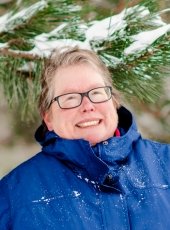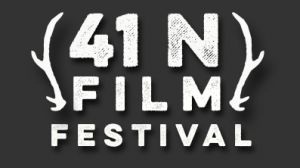The 41 North Film Festival, running November 6–9 at Michigan Tech’s Rozsa Center, offers audiences an opportunity to explore urgent human stories—above ground, underground, and the spaces in between. This year, Social Sciences faculty bring their expertise to two of the festival’s most thought-provoking films, connecting cinematic storytelling with real-world questions about place, history, and the human experience.
Based on Robert Macfarlane’s bestseller, Underland is a cinematic voyage beneath the surface of the earth. Special guest Dr. Bradley Garrett, who is featured in the film, will take part in a discussion following the screening. The Q&A will be moderated by Dr. Timothy Scarlett, Associate Professor of Archaeology and Anthropology and Co-Director of the Keweenaw Energy Transitions Lab. Together, they’ll delve into the film’s themes of hidden worlds, human curiosity, and our relationship with the unseen landscapes below us.
On Saturday, Natchez examines questions of historic preservation in a town defined by—and dependent on—its conflicted antebellum past. The post-film discussion will be facilitated by Dr. Sarah Scarlett, Associate Professor of History and Co-Director of the Keweenaw Time Traveler project, along with Dr. Kette Thomas, Humanities, and Wyndeth Davis, Superintendent of Keweenaw National Historical Park.
Together, these films and conversations embody the spirit of the social sciences: uncovering the layers of meaning that shape how people inhabit and interpret the world around them.
Read the full 41 North Film Festival feature by festival founder and director Erin Smith, Dive Deep at the 41 North Film Festival, on the Michigan Tech Humanities newsblog.

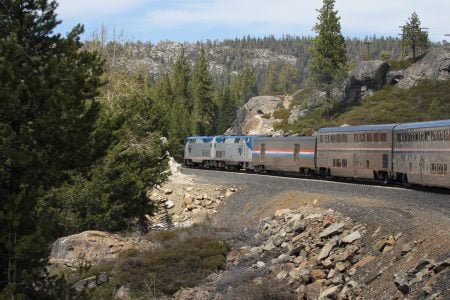
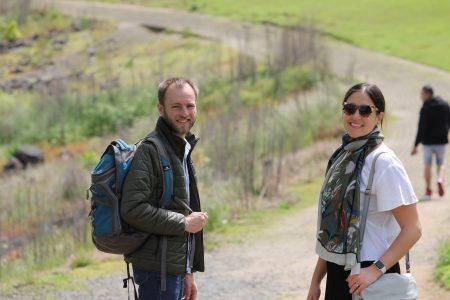
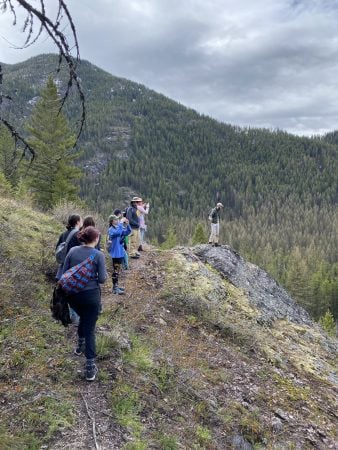
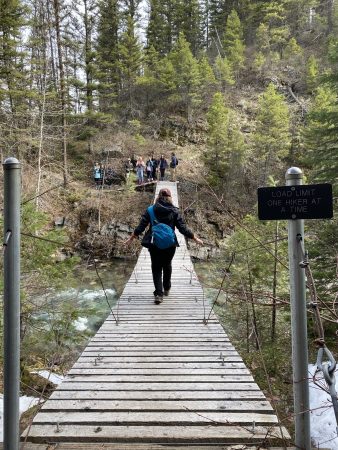
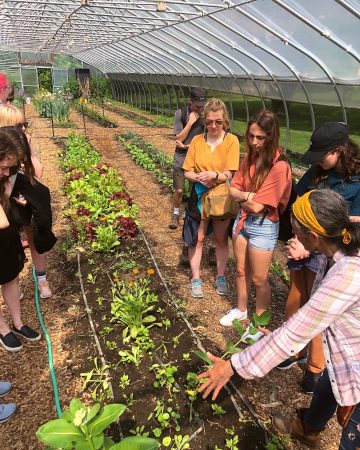
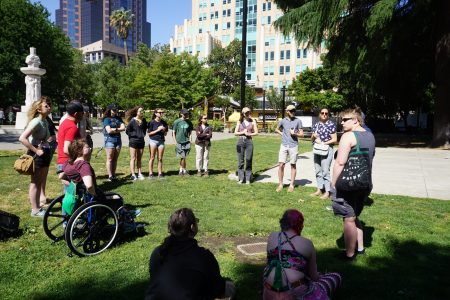
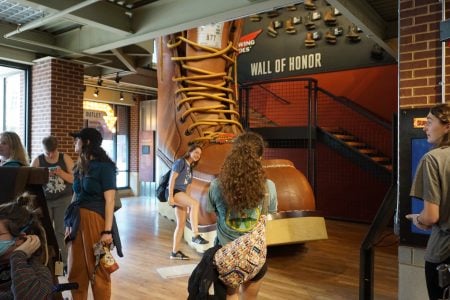
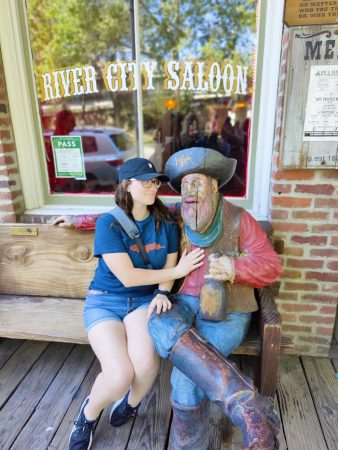
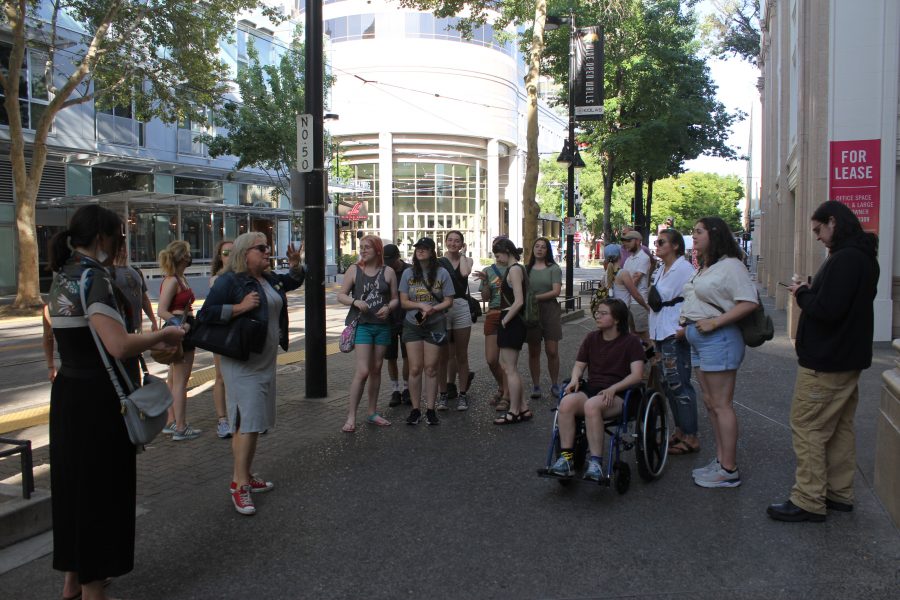
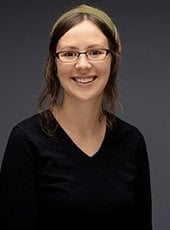 Chelsea Schelly was the featured speaker of the Upper Peninsula Environmental Coalition’s “This is it!” livestream. Topic- Intentional Communities: Living Sustainably with a Shared Purpose. The talk can be viewed on
Chelsea Schelly was the featured speaker of the Upper Peninsula Environmental Coalition’s “This is it!” livestream. Topic- Intentional Communities: Living Sustainably with a Shared Purpose. The talk can be viewed on 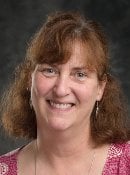 A presentation by LouAnn Wurst was the subject of the article “Presentation shone a light on fascinating local history,” in the
A presentation by LouAnn Wurst was the subject of the article “Presentation shone a light on fascinating local history,” in the 